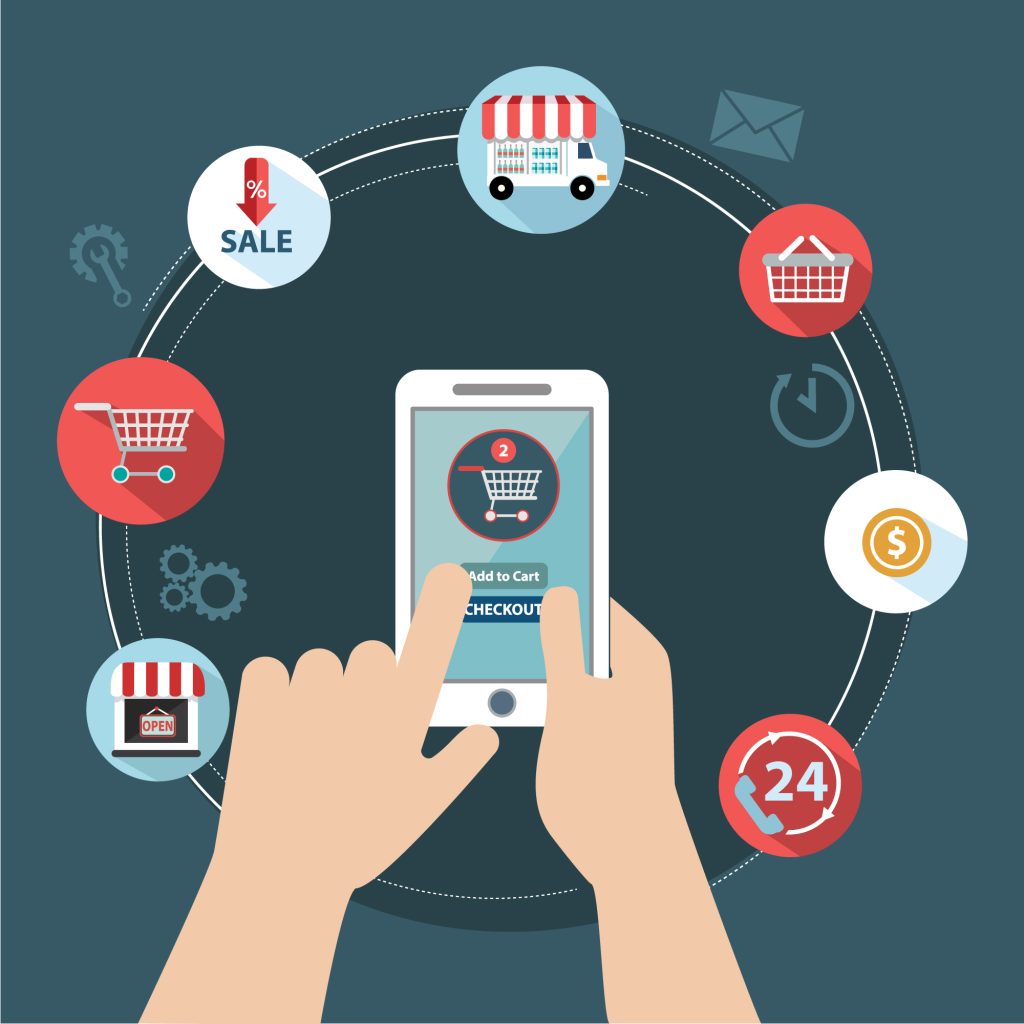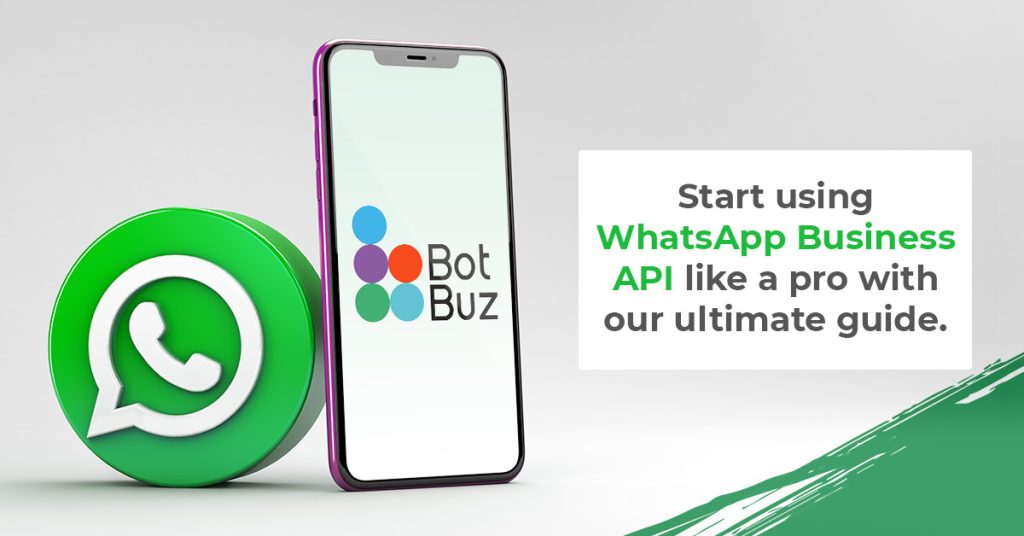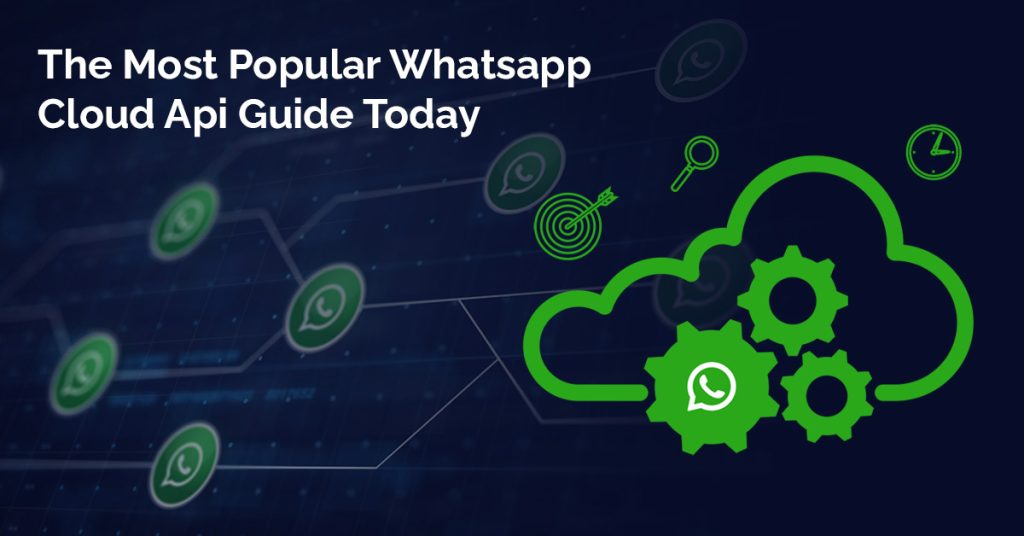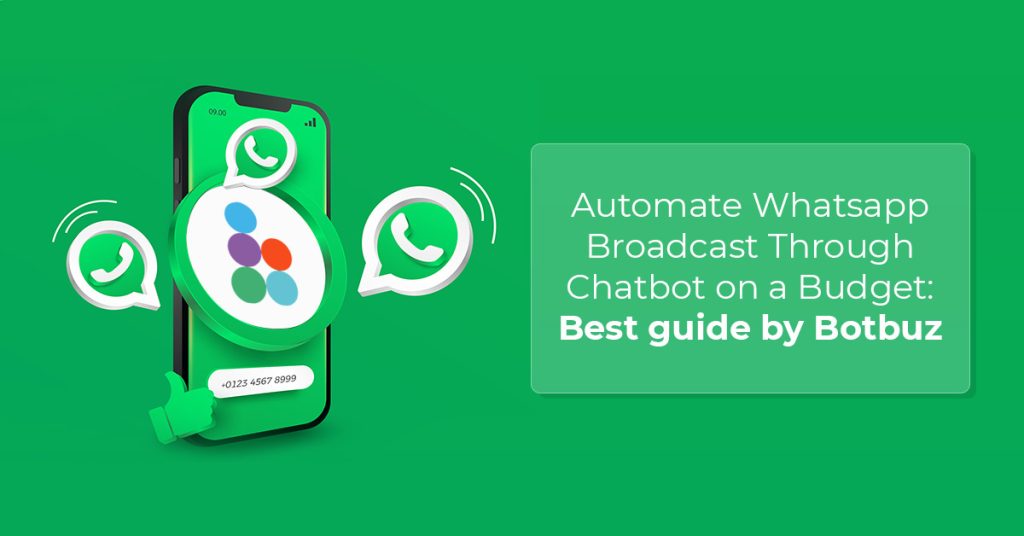Introduction to WhatsApp Conversational Commerce:
Conversational commerce is the use of messaging apps to interact with businesses for the purpose of shopping, customer support, or other transactions. WhatsApp is one of the most popular messaging apps in the world, with over 2 billion active users. This makes it a powerful platform for businesses to reach their customers and engage in conversational commerce.
There are many ways that businesses can use WhatsApp for conversational commerce. For example, they can use it to:
- Send product catalogs and promotions to customers.
- Answer customer questions and resolve issues.
- Take orders and payments.
- Provide customer support.
- Build relationships with customers.
The importance of messaging apps for business is growing. In fact, a recent study by Forrester Research found that messaging apps will account for 85% of all customer interactions by 2025. This is because messaging apps are convenient, familiar, and always-on. Customers are increasingly using messaging apps to communicate with businesses for a variety of reasons, including:
- To get quick and easy answers to their questions.
- To get support for products and services.
- To make purchases.
- To stay up-to-date on the latest news and promotions.
If you are a business that wants to stay ahead of the curve, you should consider using WhatsApp for conversational commerce. It is a powerful platform that can help you to engage with your customers, improve customer satisfaction, and increase sales.
Benefits of WhatsApp Conversational Commerce:
Increased customer engagement: Messaging apps are a more personal & engaging way to communicate with customers than traditional channels like email or phone calls. Customers appreciate being able to have a conversation with a business in a familiar & convenient way.
Improved customer satisfaction: Customers having positive experience with conversational commerce are more likely satisfied with purchase experience. This is because they feel like they are being heard and understood, and that their needs are being met.
Increased sales: WhatsApp can drive sales by promoting products & services. It can promote by taking orders & providing customer support. Businesses that use conversational commerce have seen an increase in sales & customer satisfaction.
Reduced costs: WhatsApp is a cost-effective way to communicate with customers. In WhatsApp, businesses only pay for the messages that they send. This can save businesses money compared to traditional channels like phone calls & email.
Enhanced customer experience: Conversational commerce can help businesses to enhance the customer experience. It enhances experience by providing personalized & convenient ways to interact with customers. This can lead to increased customer loyalty and repeat business.
Improved brand reputation: Businesses that use conversational commerce can improve their brand reputation. They can improve their image by providing a positive & helpful customer experience. This is because customers who have a positive experience with conversational commerce are more likely to recommend the business to others.
5 ways to use Whatsapp for conversational commerce:
1) Messaging:
Businesses can use the WhatsApp API to send and receive messages with customers. This can provide customer support, answer questions, and promote products and services.
Messaging is one of the most important features of the WhatsApp API. It allows businesses to send & receive messages with customers. This can be used for a variety of purposes, such as:
Providing customer support: Businesses can use messaging to provide customer support to customers who are having problems with their products or services. This can be done by responding to customer queries, troubleshooting problems, and resolving issues.
Answering questions: Businesses can use messaging to answer questions that customers have about their products or services. This can be done by providing information about products. Like answering frequently asked questions, and offering personalized advice.
Promoting products and services: Businesses can use messaging to promote their products and services to customers. This can be done by sending out notifications about new products, sales & other special offers.
Taking orders: Businesses can use messaging to take orders from customers. This can be done by sending customers a link to a checkout page or by providing them with a way to pay for their purchase through WhatsApp Pay.
Building relationships with customers: Businesses can use messaging to build relationships with customers by providing them with a convenient & personal way to interact with the business. This can be done by sending customers personalized messages. They can also ask them for feedback & offer them discounts and other incentives.
2) Catalogs:
Businesses can use the WhatsApp API to create & manage catalogs of products and services. This can make it easier for customers to browse and purchase products.
A catalog in the WhatsApp API is a collection of products or services. Businesses can showcase their offerings to customers. Catalogs can be used to promote products and services, take orders, and provide customer support.
How to use catalogs in the WhatsApp API for conversational commerce?
Create a catalog: Businesses can create a catalog by using the WhatsApp API. The catalog must include a list of products or services, as well as information about each product or service, such as the name, price, description, and image.
Share the catalog with customers: Businesses can share the catalog with customers by sending them a link to the catalog or by adding it to a message or broadcast.
Promote the catalog to customers: Businesses can promote the catalog to customers by sending them messages about the catalog, adding it to their website or social media pages, or running advertising campaigns.
Respond to customer inquiries: Businesses can respond to customer inquiries about the catalog by providing them with information about the products or services listed in the catalog.
Benefits:
Make it easy for customers to browse and purchase products: Catalogs can make it easy for customers to browse & purchase products. This can be done by organizing products into categories, adding images & descriptions & providing pricing information.
Increase sales: Catalogs can increase sales by making it easy for customers to find & purchase products. This can be done by promoting catalogs to customers through messages, broadcasts, and chatbots.
Provide customer support: Catalogs can provide customer support by providing customers with information about products & services. This can be done by adding FAQs to catalogs or by providing customer support representatives with access to catalogs.
Personalize the customer experience: Catalogs can be personalized to the individual customer. It can be done by adding products that the customer has previously viewed or purchased. This can help to improve the customer experience and increase sales.
3) Payments:
Businesses can use the WhatsApp API to accept payments from customers. This can be done through WhatsApp Pay. It is a secure & convenient way for customers to pay for goods and services.
To use the payment option in WhatsApp API for conversational commerce, businesses need to first integrate their WhatsApp account with a payment gateway. There are many payment gateways that are compatible with WhatsApp API. The gateways includes PayPal, Stripe & PayU. Once the integration is complete, businesses can then start accepting payments from customers.
When a customer wants to make a payment, they will send a message to the business’s WhatsApp number. The business can then send a payment link to the customer. That link will take them to the payment gateway’s website. The customer can then enter their payment details and complete the transaction.
The payment option in WhatsApp API for conversational commerce is a secure way for customers to pay for goods & services. All payments are encrypted & processed through the payment gateway’s secure servers. Businesses can also set up fraud protection measures to help prevent fraudulent transactions.
The payment option in WhatsApp API for conversational commerce allows businesses to accept payments from customers through the WhatsApp chat window. This can be a convenient & secure way for customers to pay for goods and services. It can help businesses to improve their customer experience.
Benefits of using the payment option in WhatsApp API for conversational commerce:
Convenience: Customers can pay for goods & services through the WhatsApp chat window. It is a convenient and familiar way to pay.
Security: All payments are encrypted and processed through the payment gateway’s secure servers.
Flexibility: Businesses can choose the payment gateway that best meets their needs.
Scalability: The payment option can be scaled up to accommodate a large number of customers.
4) Chatbots:
Automate customer service tasks: Chatbots can automate customer service tasks, such as answering questions and resolving issues. This can free up human customer service representatives. Thus, helping them to focus on more complex tasks.
Provide 24/7 customer support: Chatbots can provide 24/7 customer support. It can be helpful for businesses that operate in multiple time zones or that have a large customer base.
Personalize customer interactions: Chatbots can personalize customer interactions. It can help to build relationships with customers and make them feel valued.
Track customer interactions: Chatbots can track customer interactions. It can be helpful for businesses to understand how customers are using the chatbot. Thus it helps to identify any areas that need improvement.

5) Broadcast:
Businesses can use the WhatsApp API to send broadcasts to groups of customers. This can be used to send notifications, promotions, and other updates to customers.
To use WhatsApp broadcasts, businesses need to create a broadcast list. A broadcast list is a group of contacts that have opted in to receive messages from the business. Businesses can create broadcast lists by importing contacts from their CRM system or by manually adding contacts.
Once a broadcast list has been created, businesses can send messages to the list. Messages can be sent in text, image, or video format. Businesses can also send interactive messages, such as polls or surveys.
WhatsApp broadcasts are a great way to reach a large number of customers with a single message. They are also a cost-effective way to communicate with customers, as businesses only pay for the messages that are sent.
Ways that businesses can use WhatsApp broadcasts for conversational commerce :
Send notifications : Businesses can use WhatsApp broadcasts to send notifications about new products, sales & other events. This can help to keep customers informed about the latest offerings. Thus, encourage them to make purchases.
Promote products and services : Businesses can use WhatsApp broadcasts to promote their products and services. This can be done by sending out images, videos, or text messages about the products or services.
Send personalized messages : Businesses can use WhatsApp broadcasts to send personalized messages to customers. This can be done by using the customer’s name in the message or by sending messages. It is based on the customer’s purchase history.
Conduct surveys : Businesses can use WhatsApp broadcasts to conduct surveys to gather feedback from customers. This can be done by sending out polls or surveys and asking customers to respond.
Resolve customer issues : Businesses can use WhatsApp broadcasts to resolve customer issues. This can be done by sending out messages that provide information about how to resolve the issue or by providing a link to a customer support website.
Also Read – How to excel WhatsApp Cart Recovery?
WhatsApp conversational commerce through Botbuz no code chatbot:
Botbuz is a no-code chatbot platform. It allows businesses to create & deploy chatbots without any coding knowledge. It offers a variety of features that can be used for conversational commerce, including:
Broadcasts: Businesses can send broadcasts to groups of customers to send notifications, promotions & other updates.
Catalogs: Businesses can create catalogs of products & services to make it easier for customers to browse and purchase products.
Payments: Businesses can accept payments from customers through WhatsApp Pay.
Analytics dashboard: Botbuz provides an analytics dashboard that allows you to track the performance of your chatbot. This includes information such as the number of messages sent, the number of conversations, and the average response time.
Live chat: Botbuz allows you to add live chat to your website or app. This allows customers to chat with a representative in real time.
AI support: Botbuz uses AI to power its chatbot. This allows the chatbot to learn and improve over time. The chatbot can also be used to answer questions that are not in the knowledge base.
To use Botbuz for conversational commerce, businesses need to create a Botbuz account and then create a chatbot. The chatbot can be created by selecting a template and then customizing it to fit the business’s needs. Once the chatbot has been created, it can be deployed to WhatsApp.
Botbuz is a great option for businesses that want to use WhatsApp for conversational commerce but do not have the time or resources to develop their own chatbot. It is a user-friendly platform that offers a variety of features that can be used to automate customer service tasks, send broadcasts, and accept payments.




